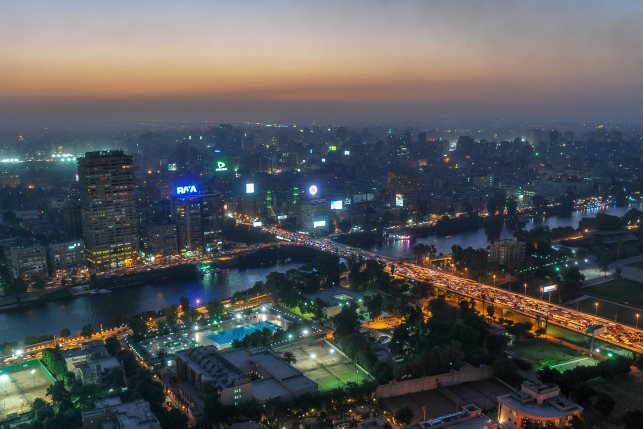The Impact of AI on the MENA Region: Predictions and Trends
Britannica defines AI as the ability of a digital computer or computer-controlled robot to perform tasks commonly associated with intelligent beings

We have been hearing all about Artificial Intelligence (AI) almost every day, from ChatGPT to AI-generated music tracks and pictures all over our social media feeds. So, what is Artificial Intelligence and how can the Middle East Region benefit from it?
Britannica defines AI as the ability of a digital computer or computer-controlled robot to perform tasks commonly associated with intelligent beings.
A PwC report named “Sizing the Prize: What’s the real value of AI for your business and how can you capitalize?” predicted that AI could contribute up to $15.7 trillion to the global economy in 2030.
PwC estimates that the Middle East is expected to accumulate 2% of the total global benefits of AI in 2030 which is equivalent to $320 billion.
Governments and businesses across the Middle East are beginning to realize the global shift towards AI and advanced technologies. Countries in the region have been publishing their strategies online The UAE was the first one to release its AI strategy in 2017 followed by Egypt in 2019.
Egypt’s National Council for AI recently launched a charter for the responsible use of AI that considers five main principles when developing and implementing AI; human-centered design, transparency, justice, accountability, and security.
Amr Talaat, Minister of Communications and Information Technology (MCIT) affirmed that Egypt is keen to implement its National Strategy for Artificial Intelligence in order to adapt artificial intelligence technologies to serve Egypt across all fields.
Saudi Arabia and UAE also have specific government-led initiatives for AI-related strategies. According to PwC, the annual growth in the contribution of AI is expected to range between 20-34% per year across the region with the fastest growth in the UAE followed by Saudi Arabia.
In a recent International Data Corporation (IDC) report, IDC expects that banking, retail, and federal/central government will be the MEA region's biggest spenders on AI in 2023, followed by discrete manufacturing.
IDC predicts that these 4 industries will account for 44% of the region's total AI spending in 2023.





